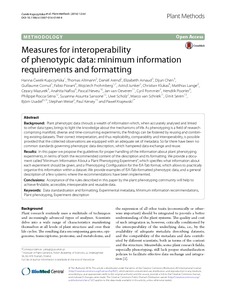Location
The University of Oxford is a collegiate research university located in Oxford, England. It has no known date of foundation, but there is evidence of teaching as far back as 1096, making it the oldest university in the English-speaking world and the world's second-oldest university in continuous operation. It grew rapidly from 1167 when Henry II banned English students from attending the University of Paris. After disputes between students and Oxford townsfolk in 1209, some academics fled north-east to Cambridge where they established what became the University of Cambridge. The two "ancient universities" are frequently jointly referred to as "Oxbridge".
The university is made up of a variety of institutions, including 38 constituent colleges and a full range of academic departments which are organised into four divisions. All the colleges are self-governing institutions within the university, each controlling its own membership and with its own internal structure and activities. Being a city university, it does not have a main campus and instead its buildings and facilities are scattered throughout the city centre. Most undergraduate teaching at Oxford is organised around weekly tutorials at the colleges and halls, supported by classes, lectures and laboratory work provided by university faculties and departments.
The university operates the world's oldest university museum, as well as the largest university press in the world and the largest academic library system in Britain. Oxford has educated many notable alumni, including 28 Nobel laureates, 27 Prime Ministers of the United Kingdom and many heads of state and government around the world. Oxford is the home of the Rhodes Scholarship, one of the world's oldest and most prestigious international scholarships, which has brought graduate students to study at the university for more than a century.
Source: Wikipedia (d.d. November 13th 2017)
Members:
Resources
Displaying 1 - 5 of 15Peoples' Climate Vote. Results
UNDP's "Peoples' Climate Vote" reflects over half the world's population after results processed by the University of Oxford. Sixty-four percent of people believe climate change is a global emergency, despite the ongoing COVID-19 pandemic
Women in the Gambia
A predominantly rural territory with few urban centers historically, the Gambia holds little in the way of well-known luxury resources commonly discussed in studies of western Africa. People of the region, in particular women, have exploited both riverine and oceanic food and material resources. The limited scholarship available on Gambian women reveals they have been essential to those endeavors contributing to economy, politics, society, and family institutions.
Grand challenges in sustainable intensification and ecosystem services
Foresight for institutional innovation and change in agricultural systems: Three examples
Measures for interoperability of phenotypic data: minimum information requirements and formatting
Plant phenotypic data shrouds a wealth of information which, when accurately analysed and linked to other data types, brings to light the knowledge about the mechanisms of life. As phenotyping is a field of research comprising manifold, diverse and time-consuming experiments, the findings can be fostered by reusing and combining existing datasets. Their correct interpretation, and thus replicability, comparability and interoperability, is possible provided that the collected observations are equipped with an adequate set of metadata.




